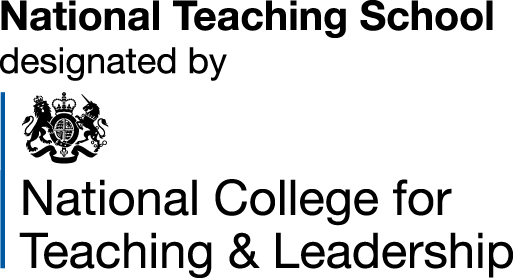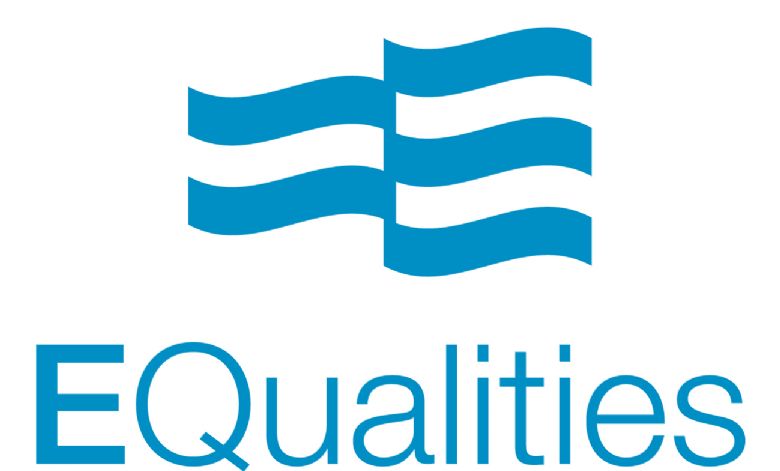subject intent and implementation
NTENT
- Very high progress as measured by measured by exam results (L3VA 0.5 and above)
- Every student is aware of the course structure, know which topics are found in which exam paper.
- To communicate the course sequencing with students
- Students know how to answer a variety of questions with relevant structure, content and appropriate studies. Universal understanding the command words in the exam questions amongst students.
- Personalised Learning Checklists regularly used to inform and guide learning journey and students to use these effectively.
- To create a safe learning environment for students – they should feel supported, feel they can approach their teachers and learn from them and seek feedback. Feel safe to question and feel safe to make mistakes. Students trust teachers should they wish to disclose a safeguarding concern.
- To develop the ability to critically evaluate the theories, ethical issues, approaches and methods. To be able to counter-argue where appropriate.
- They should be able to apply concepts/theories to real-world situations.
- To develop a strong Research Methods knowledge of how to conduct a scientific investigation.
- Students will recognise the importance of understanding human behaviour and how it impacts on their own lives and understand the cross-cultural behaviours of different communities in the UK.
- Students will become more aware of mental health and become more informative of the clinical characteristics, explanations and treatment.
- Students will draw links between different areas of the course demonstrating the sequencing of learning.
- Students will be encouraged to draw links with previous learning: maths, science, English, MFL and history; and current learning: sociology, biology, philosophy and law.
- To bring the social science to life than simply being a subject taught in a classroom by encouraging students who have an interest in to take part in class experiments, carry out mini research projects, watch documentaries and read around the course
- To develop high academic reading ability in students
- To encourage students to investigate university courses, and career path in this subject
- To become open-minded about behaviour and human nature and think critically about behaviour; to be less judgmental; and to become inquisitive about why individuals act the way they do.
IMPLEMENTATION
- Classroom teacher to have clear routines, expectations in every lesson.
- Clear starter, main and plenary. Following lesson should continue from last with clear focus on students leading re-cap through a starter activity.
- Interleaving recall to be used as often as possible to avoid ‘learning decay’.
- Regular retrieval and re-call of students’ knowledge.
- Periodic assessment of students in exam conditions, known as milestones
- Teacher-led feedback to be given to students post-milestone.
- Clear routines and expectations for regular use of DIRT and feedback
- Reduction of teacher workload and standardisation of quality feedback using numbered target system
- Regular AfL using exam questions with self-assessment from student friendly mark schemes
- All assessed work and DIRT to be centrally stored in an assessment book. This will demonstrate students’ response to feedback which will be expected to be significant
- Assessment used to monitor progress of students against expected progress to identify underperformance
- Hands down PPPB questioning universally used by teachers
- Weekly homework system, using Google classroom with standardised monitoring system including parental emails. Homework will use ‘4 R’s’.
- Weekly Supervised Study suggested activities to be posted on Google Classroom.
- Systematic parental email routines including praise and corrective measures.
- Challenge embedded in lessons through ‘stretch’ questioning and ‘high-ceiling’ activities.
- Timely use of teacher modelling to scaffold students’ mastery of exam skills and question answer structure
- Regular referral to Personalised Learning Checklists throughout course to encourage student ownership of learning, to identify areas for improvement and to support students in final exam revision.
- Personalised Learning Checklists will be used to identify and reflect on learning objectives in each lesson
- Teachers have strong knowledge of psychology, and of the AQA specification.
- Considered sequencing of units and topics to support student progress.
- Support of all students with literacy when engaging with subject specific vocab
- Encouragement of tier 2 vocabulary to aid students to structure written arguments in longer exam questions
- Application to real world to help students grapple with key concepts and draw real world links by using real life examples, case studies, and video clips
- Promotion of school-wide policy that students can book appointment on-demand when they feel they could benefit from teacher support
- Drop-in clinic for exam classes to be held on Thursdays after school
- Various enrichment activities scheduled for throughout the year







